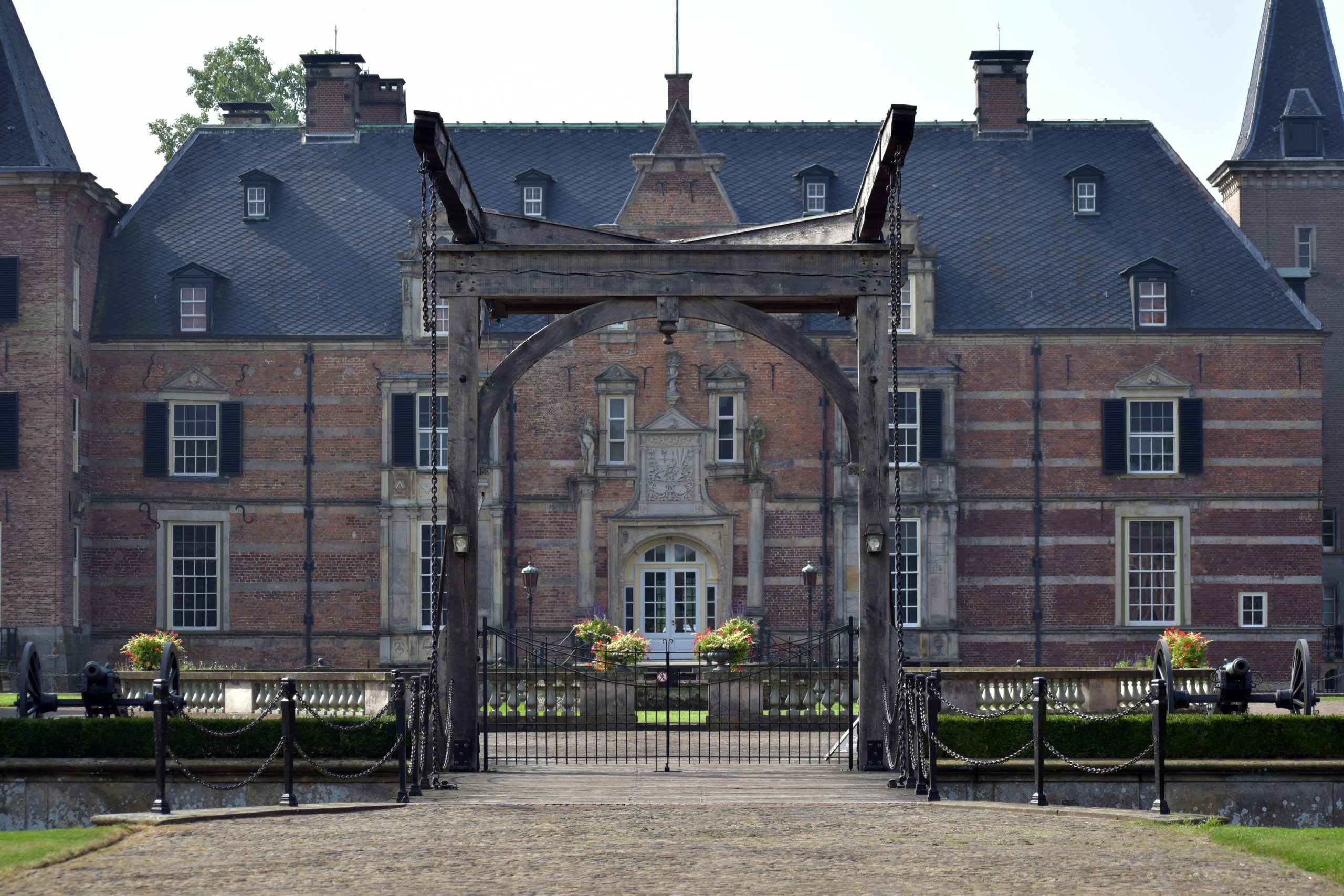Jack White Takes a Stand Against Trump: A Call for Respect in Music
In a bold move that underscores the growing tensions between artists and political figures, Jack White, the renowned frontman of The White Stripes, has publicly condemned the use of his music by Donald Trump's campaign. This outburst comes after a social media clip featuring White's iconic track "Seven Nation Army" was shared by an aide to the former president, prompting White to respond vehemently.
In an Instagram post that resonated with many of his fans and fellow musicians, White expressed his outrage, stating, "Don't even think about using my music, you fascists." His words reflect a broader sentiment among artists who feel their work is being co-opted for political purposes without consent. The frustration voiced by White is not an isolated incident but part of a growing trend where musicians assert their rights and demand respect for their creations.
The situation escalated when Margo Martin, Trump’s Deputy Director of Communications, shared a video showing Trump boarding a plane, accompanied by the unmistakable riff of "Seven Nation Army." White's immediate response was not just a defense of his artistic integrity but also a strong denunciation of Trump's actions, which he labeled as disgraceful, particularly referencing the former president’s conduct during a visit to Arlington National Cemetery.
This incident has reignited discussions about the relationship between politics and music, especially in an era where social media amplifies every action and statement. Artists like White are increasingly taking a stand against the unauthorized use of their music in political campaigns, emphasizing the need for artists' voices to be heard and respected.
White's stance has drawn support from various corners of the music industry, with many echoing his call for artists to reclaim their narratives and protect their work from being manipulated for political agendas. As tensions rise in the political landscape, the line between art and politics becomes ever more blurred, prompting a necessary dialogue about consent and respect in the industry.
The backlash against the Trump campaign's use of White's music serves as a reminder that artists are not merely entertainers; they are individuals with values and beliefs that often extend beyond their art. By taking a stand, Jack White not only defends his own work but also champions a larger movement advocating for artistic autonomy and integrity.
As the public eagerly watches this unfolding drama, it raises important questions about the responsibilities of artists and the ethical considerations of political campaigns in utilizing music. Can music be an apolitical medium, or is it inherently tied to the values of those who create it? In an age where every note and lyric can be weaponized or celebrated, the implications of these actions resonate deeply within the community.
Ultimately, Jack White's defiance is a call to action for artists everywhere to stand firm against the exploitation of their work and to ensure that their messages align with their values. The backlash against the Trump campaign marks a pivotal moment in the ongoing conversation about the intersection of art and politics, highlighting the importance of integrity in both fields. As this narrative continues to develop, it will be interesting to see how musicians and political figures navigate this complex landscape in the future.











